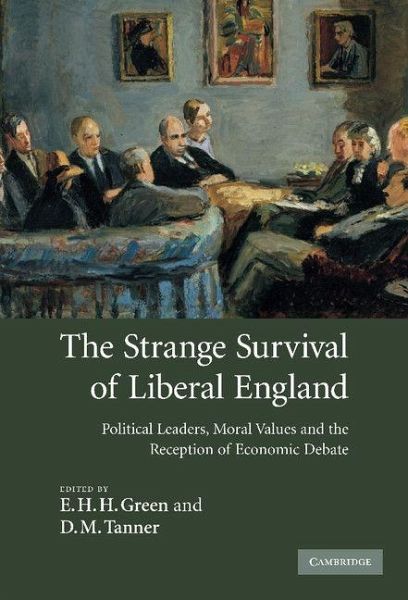
The Strange Survival of Liberal England

PAYBACK Punkte
56 °P sammeln!
It is often assumed that politicians are swept along by global forces and influences, without the power - or the desire - to shape events. By contrast, this book is concerned with the way that cultural values, individual moral sentiments and politicians' interpretation of economic and other imperatives have helped to shape political values. Focusing on the nineteenth and twentieth centuries, and containing contributions by a series of prominent scholars, themes are developed through essays on recognisably important events and figures. Subjects include the policy ideas of W. E. Gladstone, Woodr...
It is often assumed that politicians are swept along by global forces and influences, without the power - or the desire - to shape events. By contrast, this book is concerned with the way that cultural values, individual moral sentiments and politicians' interpretation of economic and other imperatives have helped to shape political values. Focusing on the nineteenth and twentieth centuries, and containing contributions by a series of prominent scholars, themes are developed through essays on recognisably important events and figures. Subjects include the policy ideas of W. E. Gladstone, Woodrow Wilson's support for war in 1916 and Ramsay MacDonald's role in the 1931 crisis. Other essays examine the way that Keynesian ideas were understood and used across the party spectrum, and beyond Britain itself, or reflect on the relationship between ideas, values and politics. This volume also celebrates and represents an approach to historical writing which has received little attention from scholars.














